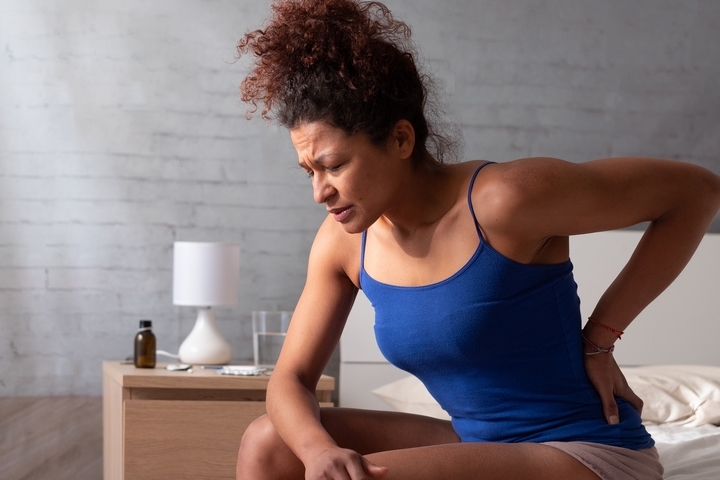Along with pregnancy comes a variety of aches and pains. Hip discomfort is a frequent issue. Most pregnant women experience hip pain during their pregnancy. The hips support the body and its movement, making them especially prone to aches and pain. Long periods of standing, certain movements, and specific sitting or lying positions can aggravate the hips during pregnancy, making a woman’s discomfort much worse.
If you are experiencing hip pain during pregnancy, try these four helpful home remedies or visit your healthcare provider.
Apply Warm Compresses
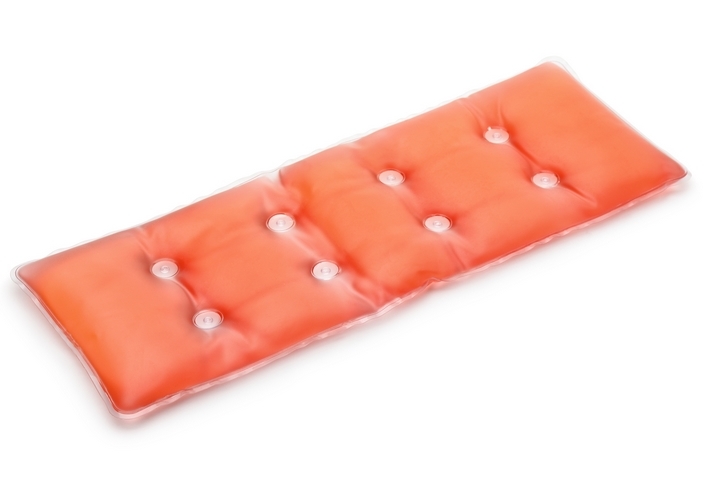
A warm compress is one efficient way to reduce hip pain during pregnancy. You can make your own at home by soaking a towel in warm water.
Alternatively, individuals can purchase a compress or heating pad from their neighbourhood drugstore or online. Pregnant women should avoid applying the hot compress straight to their skin or belly.
Change Your Sleep Position
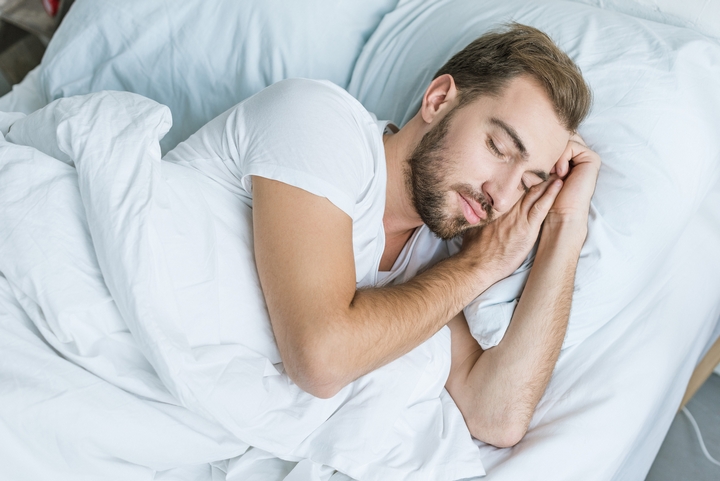
If a pregnant woman chooses to sleep on her side, she should tuck a cushion between her legs. There are pillows made specifically for pregnant women that can add extra support.
A standard cushion will offer some support, but pregnancy pillows are typically body-length. To treat a wider range of aches and pains, a pregnant lady can carefully position herself on a pregnancy pillow. However, ensure you consult with a physiotherapy expert for safety guidelines.
Wear a Pelvic Belt
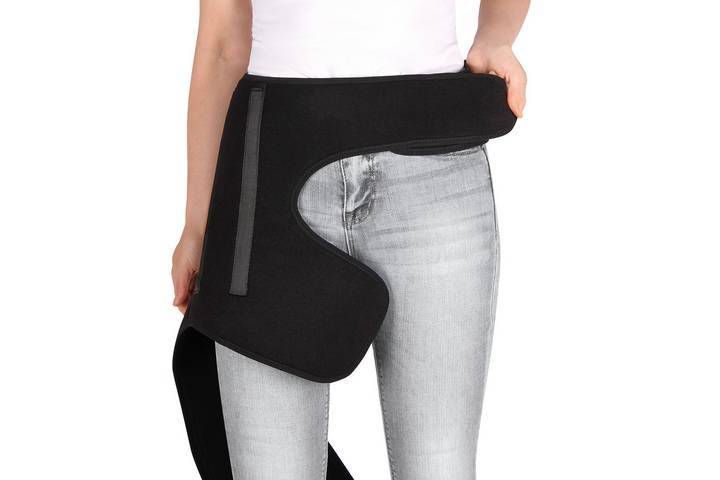
Women can use a pelvic belt as a bolster to support their hips throughout pregnancy.
Studies have found that wearing a pelvic belt during pregnancy can offer better support for the body and can be used to relieve hip pain. To find a pelvic belt, you can browse it online or in a store that specializes in pregnancy and other health-related supplies.
Stretching Exercises
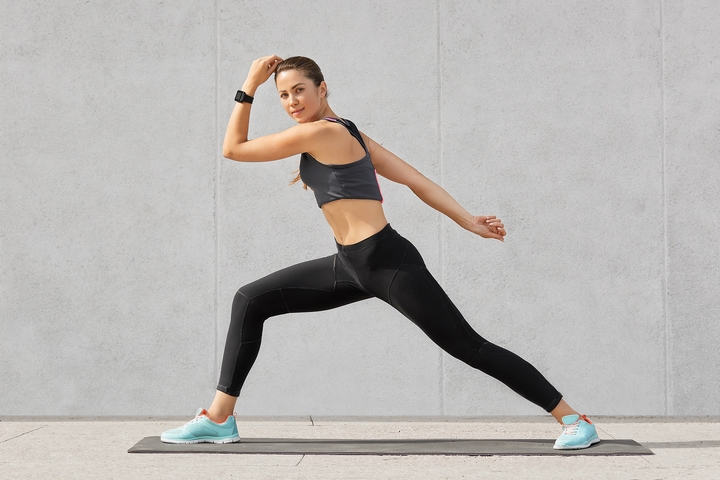
Most doctors recommend that pregnant women keep up their exercise routines throughout their pregnancies. Walking, swimming, yoga, and other light-to-moderate activities can all be considered forms of exercise. Exercise can help prevent weight gain, which increases pressure on the hips.
Yoga may be an excellent option for pregnant women, especially a prenatal yoga class. Numerous yoga positions can help stretch the hips and other body parts that could be tight from pregnancy-related aches and pains.
A pregnant woman should see her doctor before beginning any new workout regimen. They can suggest appropriate exercises suitable for her fitness level.
Pregnant women should cease exercising if they experience any of the following:
- headache, an unexpected gush of vaginal fluid, and dizziness
- chest ache, vaginal bleeding, muscle weakness
- breathing difficulty before regular or uncomfortable contractions begin
- painful or swollen calves
Doctor
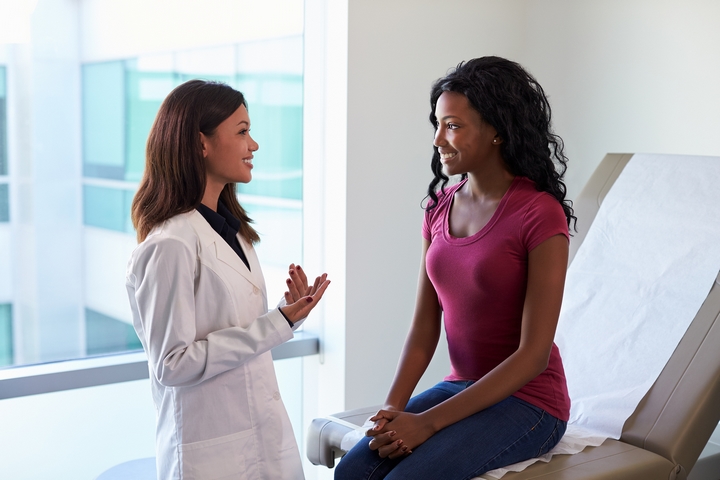
A pregnant woman should consult her doctor if she has hip discomfort that is severe or chronic. A doctor will examine the mother and the fetus to look for indications of early labour and other potential issues.
A doctor could occasionally advise taking over-the-counter (OTC) medicine to aid with hip or other types of pain. Pregnant women should take their medications exactly as their doctor prescribes. Common OTC drugs like acetaminophen have several potential side effects. As a result, it’s crucial to see a doctor before using OTC painkillers while pregnant.
Pregnancy-related hip discomfort is expected because of changes in hormone levels and increases in body weight. Women who endure hip discomfort could find that at-home remedies reduce their pain.
If you are pregnant and experiencing pain, try using a hot compress, a support belt or implementing a stretching and exercise routine. Be sure to speak to your healthcare professional before taking any drugs, especially over-the-counter ones, for hip discomfort during pregnancy. A doctor can guide starting an exercise regimen or taking any medication.
Other reasons for hip pain
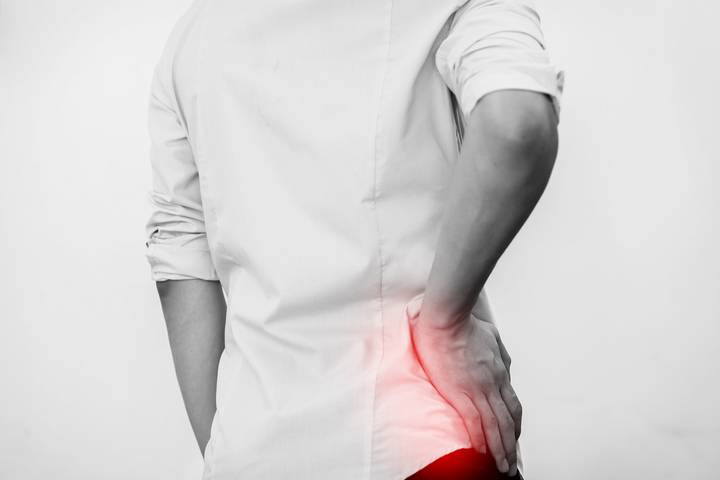
The following are the primary underlying reasons for hip pain during pregnancy:
The release of the hormone relaxin
The musculoskeletal system undergoes modifications due to the hormone relaxin. Bones, ligaments, and other connective tissues are part of the musculoskeletal system, and relaxin helps loosen them in preparation for giving birth.
Extra weight gain
Extra weight gain during pregnancy is a typical side effect. Pregnant women who begin at a healthy weight might anticipate gaining between 25 and 35 pounds. The weight gain of pregnant women can put additional strain on the hips.
Changes in posture
Although hip discomfort can happen at any stage of pregnancy, it is most likely to appear in the second and third trimesters. The body’s center of gravity may begin to shift because most weight gain associated with pregnancy tends to occur in the midsection. Poor postural alignment that results from this alteration may place additional stress on the hips.




